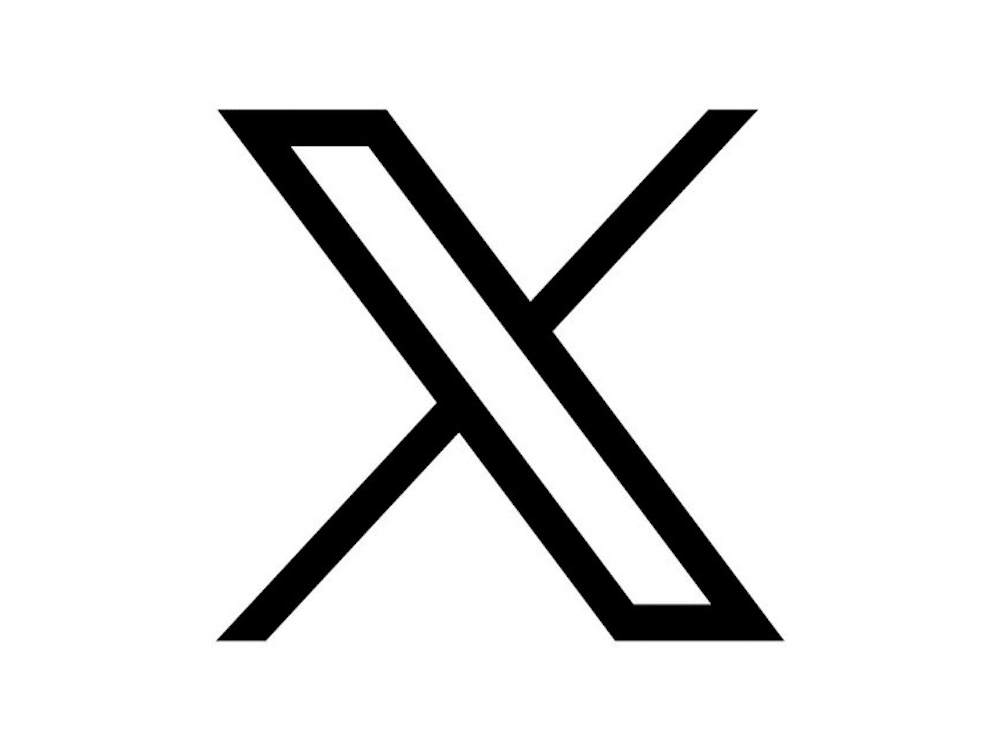European Think-tank Network on China (ETNC)
The European Think-tank Network on China (ETNC) is a gathering of China experts from a selection of European think tanks and research institutions that is devoted to the study of Chinese foreign policy and EU-China relations.
The network serves to facilitate regular exchanges among participating researchers for the purpose of deepening the understanding of how Europe, as a complex set of actors, relates with China and how developments in China will impact the future of Europe. In particular, when examining the EU-China relationship, the network’s discussions, analyses and recommendations take a decidedly “bottom-up” approach, examining the bilateral relationship between EU member states and China in order to generate a more complex perspective on the broader EU-China relationship.
ETNC publishes an annual report reviewing the state of Europe-China relations focusing on one specific topic each year. The lead-editor of the report is the rotating coordinator of the network.
In 2018, I served as coordinator and editor, spearheading a report on the role of political values in Europe-China relations, namely democracy, human right and the rule of law. Apart from report launches in several European capitals, including Brussels, Stockholm, Prague and Paris, the report was presented to the European Commission, the European External Action Service, COASI representatives of the European Council, and in the European Parliament. The US State Department circulated the report as “recommended reading” to all its foreign embassies and consulates.
In the 2019 report focusing on Europe in the face of US-China rivalry, I have co-authored the chapter on the European Union with Bruno Hellendorff. The 2021 includes my chapter (with Oscar Shao) on Chinese soft power in Sweden.
Since its inaugural meeting in 2014, ETNC members and participants meet in a different city once every six months.
The participating institutions are the following:
Austrian Institute for European and Security Policy (AIES), Austria
Egmont Royal Institute for International Relations, Belgium
Institute of International Relations, Czech Republic
Danish Institute for International Studies (DIIS), Denmark
Finnish Institute for International Affairs (FIIA), Finland
French Institute of International Relations (Ifri), France
Mercator Institute for China Studies (Merics), Germany
Institute of International Economic Relations, Greece
EU-Asia Institute (ESSCA), Hungary
Istituto Affari Internazionali (IAI), Italy
Latvian Institute of International Affairs (LIIA), Latvia
The Netherlands Institute of International Relations, “Clingendael”, The Netherlands
Norwegian Institute of International Affairs (NUPI), Norway
Polish Institute of International Affairs (PISM), Poland
University of Aveiro, Portugal
Institute for World Economy of the Romanian Academy (IWE/RA), Romania
Central European Institute of Asian Studies (CEIAS), Slovakia
Elcano Royal Institute, Spain
The Swedish Institute of International Affairs (UI), Sweden
Swiss Forum on Foreign Policy (Foraus), Switzerland
Chatham House, United Kingdom
Related selected publications & media appearances:
Media: “Europe’s Divided Approach to China and Human Rights”, 25 March 2019, The Diplomat.
Media: “중국에 대해 이상하리만치 조심스러운 유럽 연합(EU)”, 8 February 2019, Bitter Winter.
Event: Europe-China relations: the role of political values. Launch of the ETNC report in 2018.
Podcast: Political values in Europe-China relations - the ETNC Report 2018: main take-aways.
Media: “Europe’s Divided Approach to China and Human Rights”, 25 March 2019, The Diplomat.


